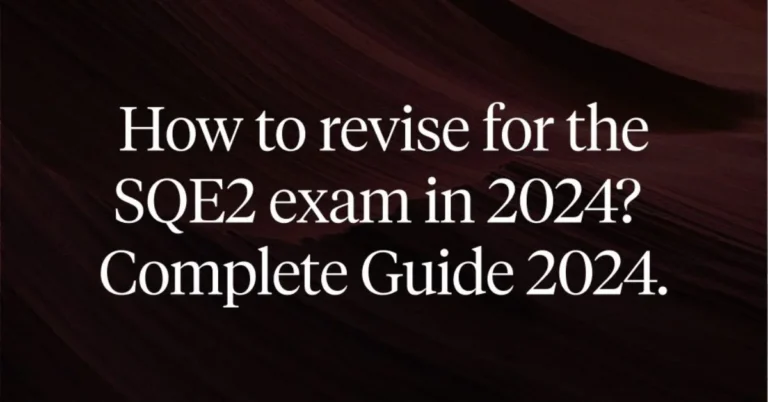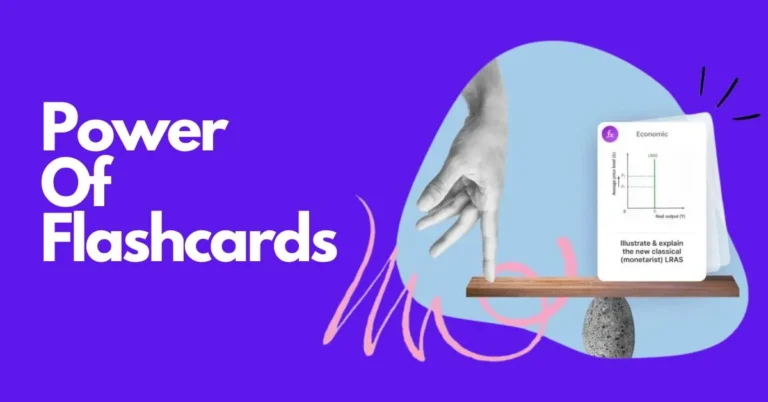Mastering Subjects with Flashcards: Techniques, Benefits, and Tools
Flashcards are a time-tested method for mastering subjects, offering an efficient and engaging way to enhance learning and retention. This dynamic tool, rooted in active recall and spaced repetition, caters to various learning styles and subjects, from language acquisition to complex scientific concepts. The simplicity and flexibility of flashcards make them an invaluable resource for students at all levels.
To effectively utilize flashcards, it’s essential to understand the principles behind their success. Active recall, the process of actively stimulating memory during the learning phase, is fundamental. By challenging the brain to retrieve information, flashcards strengthen neural connections and improve long-term retention. This technique contrasts with passive review methods, such as reading notes, where the brain is less engaged and retention is typically lower.
Another crucial aspect is spaced repetition, a learning technique that involves reviewing information at increasing intervals. This method leverages the spacing effect, a psychological phenomenon where information is better retained when reviewed over spaced intervals rather than in one sitting. Modern flashcard apps, like Anki, incorporate spaced repetition algorithms, optimizing review schedules to ensure that material is revisited just before it’s likely to be forgotten.
Creating effective flashcards involves a few strategic steps. First, ensure that each flashcard contains only one piece of information. This granularity helps avoid cognitive overload and makes it easier to focus on specific facts or concepts. Second, use clear and concise language. Long, complex sentences can be overwhelming and counterproductive. Visual aids, such as diagrams or images, can also be highly beneficial, particularly for subjects that involve spatial or visual information.
violetWhen constructing flashcards, it’s also helpful to include mnemonic devices. Mnemonics, which are memory aids like acronyms, rhymes, or associations, can make information more memorable. For example, to remember the colors of the rainbow, one might use the acronym “ROYGBIV” for red, orange, yellow, green, blue, indigo, and violet. These devices can transform abstract or complex information into easily recallable chunks.
Practice is integral to the flashcard method. Regular, consistent study sessions are more effective than sporadic cramming. Establishing a routine, such as dedicating a specific time each day for flashcard review, can build discipline and enhance learning outcomes. It’s also beneficial to shuffle flashcards regularly to prevent order effects, where the sequence of information might influence recall.
The digital revolution has significantly enhanced the utility of flashcards. Apps like Quizlet, Anki, and Brainscape offer digital flashcard solutions that are accessible across various devices. These platforms often include features like pre-made decks, collaborative study options, and progress tracking, which can streamline the study process. Additionally, the ability to share and access user-generated decks can provide diverse perspectives and comprehensive coverage of topics.
Anki, in particular, has garnered a strong following among students preparing for the MCAT, the Medical College Admission Test. Anki MCAT decks are meticulously curated collections of flashcards covering a wide range of topics relevant to the exam, from biology and chemistry to psychology and sociology. These decks often come with pre-set spaced repetition schedules, making them an efficient tool for managing the vast amount of information required for the MCAT. Users can benefit from the cumulative knowledge and experiences of previous test-takers, enhancing their preparation through a structured and proven method.
Incorporating flashcards into your study routine can also foster a deeper understanding of the material. By breaking down information into digestible chunks and actively engaging with it, students can identify gaps in their knowledge and focus their efforts more effectively. This iterative process of self-assessment and targeted review is key to mastering complex subjects.
In conclusion, flashcards are a powerful tool for mastering subjects, offering a blend of simplicity, flexibility, and effectiveness. Through active recall and spaced repetition, learners can significantly enhance their retention and understanding of the material. With the advent of digital platforms like Anki, the utility of flashcards has been further amplified, providing sophisticated tools and resources to support diverse learning needs. Whether preparing for a high-stakes exam like the MCAT or simply seeking to enhance everyday learning, flashcards remain an invaluable resource in the arsenal of effective study techniques.







